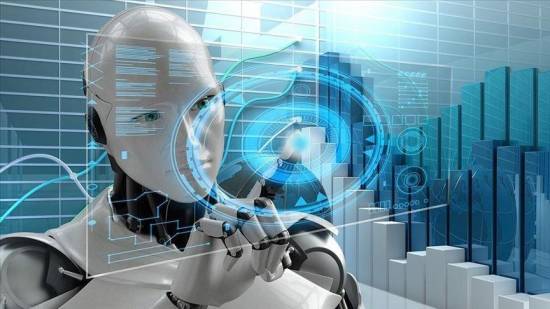Spanish Prime Minister Pedro Sanchez unveiled Spain’s national artificial intelligence strategy Wednesday, which will see €600 million ($720 million) of public investment in the sector between 2021 and 2023.
"Over the next years, artificial intelligence (AI) will grow exponentially and completely change our lives, cities and environments," Sanchez said during the plan's presentation. "This is a new tool that will change Spain's direction, for the better."
He hopes the plan will place Spain as an international leader in the technology and mobilize as much as €3.3 billion ($4 billion) in private investment.
Sanchez said he was convinced that AI will eventually boost employment in Spain, as opposed to destroying jobs, which has been a leading concern around the technology.
"The Spain that’s coming will need more specialized health care professionals, like people to care for the elderly and psychologists. The Spain of the future will need more scientists, engineers, people who work in green technology, construction and sustainable agriculture," he said.
Another main goal of the plan is to foster the use of the Spanish language within AI technology.
Nearly half of the public investment will go toward scientific research and technological development.
The second-largest chunk – €133 million – will be spent on bringing AI into parts of the Spanish industry that still have not incorporated the technology.
Another €100 million will go toward automating government processes and bureaucracy, while €42 million will be spent on both fostering talent and supporting the required infrastructure.
The smallest sum, €8 million, will go to creating “an ethical and normative framework” around AI which Sanchez wants to be inclusive, sustainable and unable to take away the right to privacy.
This week, AI technology made one of its largest breakthroughs in its history. Google’s DeepMind, which first made headlines for beating top players in chess, helped crack the mysterious problem of protein folding.
In a competition, the AI program was able to predict how proteins fold into 3D shapes far better than human research teams, something some biologists have hailed as a "game-changer."/aa


